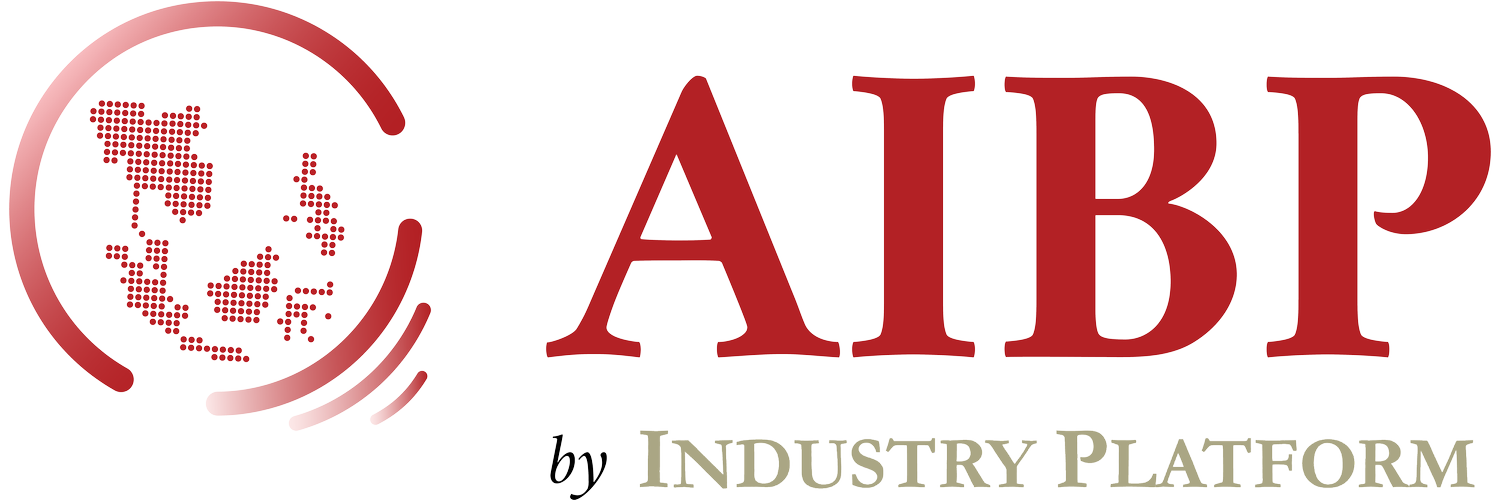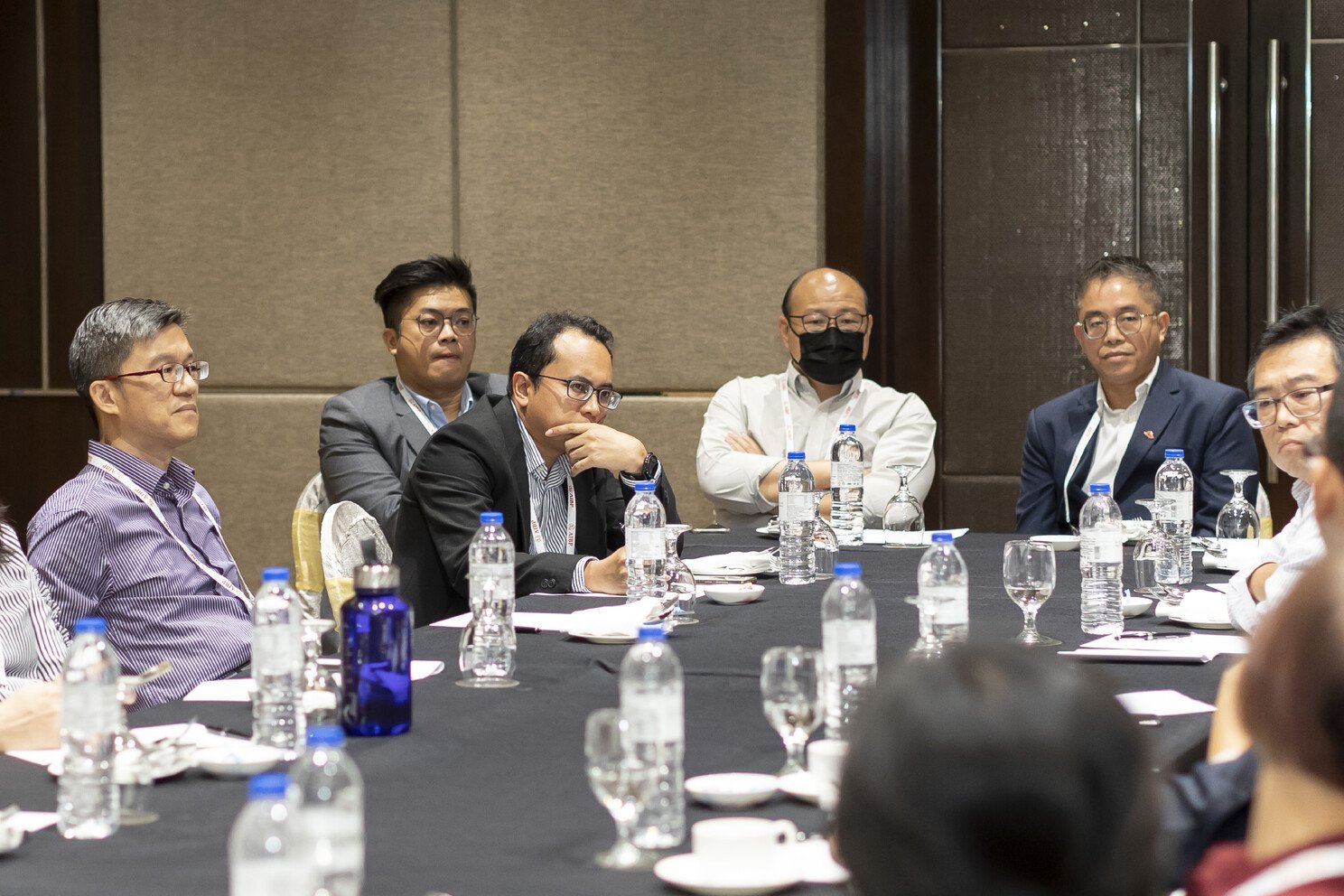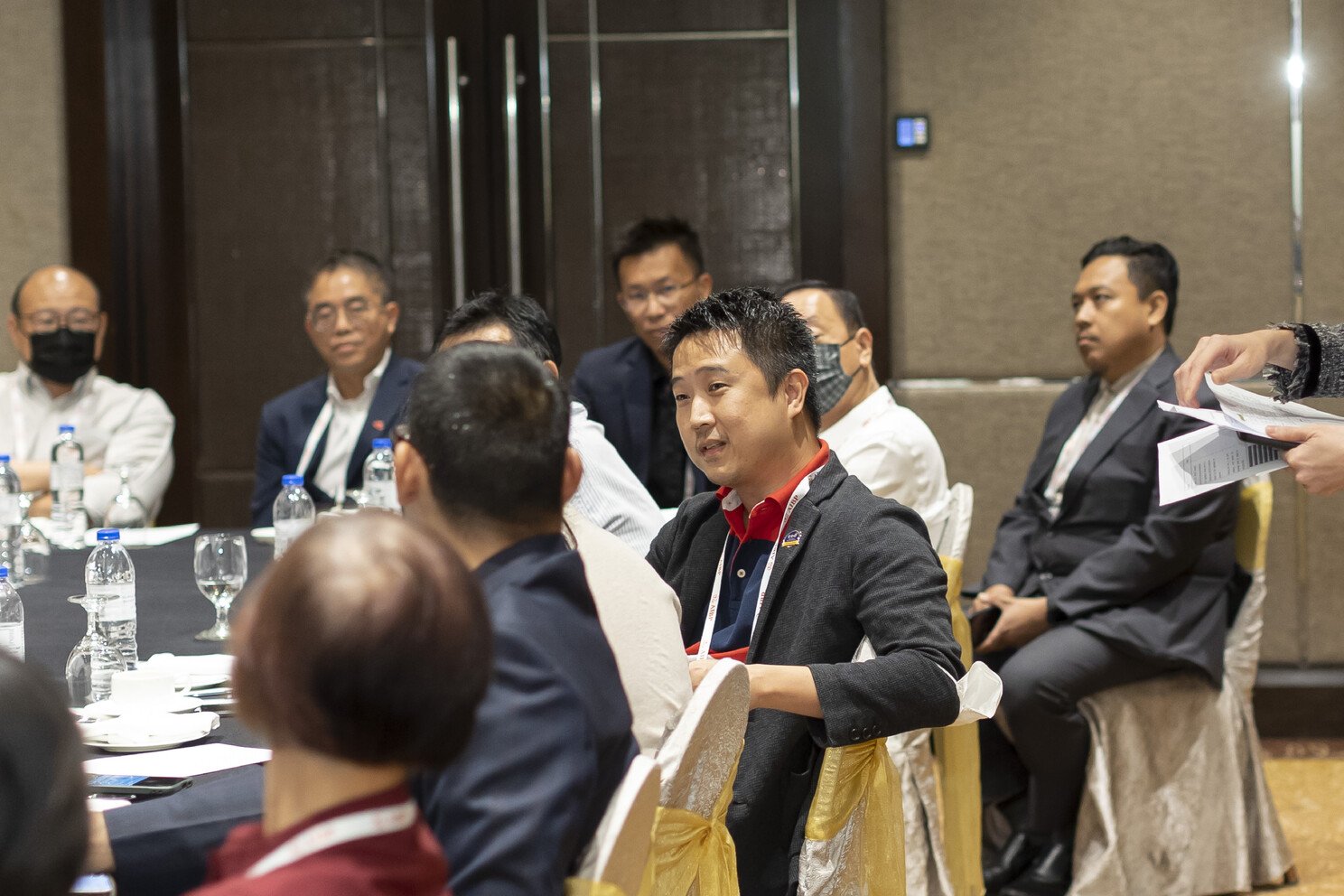Future-proofing Investment in Data : Highlights of Data Leaders Roundtable
The 40th ASEAN Innovation Business Platform Conference and Exhibition, held annually in Malaysia, featured a panel discussion on "Navigating the Challenges and Opportunities of Data Applications", with panelists Yew Choong Chew, Chief Data Officer of AmBank Group, Yusri Mohamed, Chief Digital Officer of Johor Corporation (JCorp) and Datin Ts. Habsah Nordin, Chief Data Officer, PETRONAS Digital Sdn Bhd; President, DAMA MALAYSIA.
The panel offered valuable insights into unlocking the value of data, with conversations revolving around the management of unstructured data, and the implementation of AI and machine learning solutions.
Building upon the panel discussion, a round table session was conducted with data leaders, serving as an extension of the initial conversation. Throughout the session, enterprises across different business verticals in Malaysia have echoed the importance of embracing and unlocking the value of data, with focus and concerns in the area of
Data governance and quality
Data driven insights for operational and organisational efficiency
Data-as-a-solution
Data governance and quality
Critical Data Element (CDE)
During the discussion on data governance, the importance of identifying Critical Data Elements (CDEs) for businesses was emphasised.
PETRONAS' Chief Data officer, Datin Ts. Habsah Nordin shed some insight into the key challenges faced by PETRONAS in their data journey. It was revealed that end users of data spend around 20% of their time searching for the right data, hindered by issues related to data source and reliability. Most organisations and solution providers now advocate for the democratisation of data just like PETRONAS.
While PETRONAS found centralisation of data quality governance through the Enterprise Data Hub suitable for their operations, regulated industries like banking often handle data governance and quality through specific departments. Ms Kok Pei Nee, Data Quality Head from RHB Banking Group conveyed that data quality is upheld through their data quality management system (DQMS) in which preventive and corrective measures can be undertaken when data quality issues are logged.
Mr. Yik Ming Tan Ming, Director of Big Data and Analytics at Western Digital, highlighted the unique challenges faced by industries like manufacturing in deciding their CDEs, focusing on Industry 4.0 and sustainability. Western Digital aims to expand its data solutions to include a business glossary and automated generation of rules and nomenclature.
Mr Gerard Koh, Regional Account Director of Cloudera also clued us in to a solution provider’s perspective based on conversations he has had with Malaysian enterprises in their data journey.
Data lineage and having a single source of truth remains a priority across the board. Solutions that provide a robust data access policy are received widely amongst Malaysian enterprises.
Enterprises across various industries, including manufacturing, are transitioning toward cloud migration. However, as emphasised by Mr. Erik Looi Chief Information Officer of Alliance Contract Manufacturing, the manufacturing industry has a niche customer base and continues to heavily rely on on-premise data infrastructure.
In response, Mr Martin Yee Kee, Lee, Redhat’s Director of Solutions Architecture echoed Mr Gerard’s point on the importance of flexibility in software solutions. He highlighted the advantages of open-source softwares that offer consistent runtime capabilities both in the cloud and on-premise. This flexibility empowers enterprises to run their applications anywhere without the need for extensive data refactoring. Open-source software solutions particularly benefit industries that require hybrid infrastructure flexibility, as they eliminate vendor lock-in concerns and provide greater freedom of choice.
Data driven insights for operational and organisational efficiency
AI/ML Journey
The adoption of AI/ML (Artificial Intelligence/Machine Learning) technologies to enhance operational and organisational efficiency was a common theme discussed.
However, measuring the quantifiable return on investment from data-driven insights posed challenges. Enterprises like CelcomDigi, facing the task of unifying data after a merger, emphasised the need for time to achieve data consolidation.
Astro, on the other hand, demonstrated the value of mature ML models in identifying customer personas and offering tailored solutions across their primary business lines. Mr. Jaideep Matto, the Director and Head of Group Data at Astro, shared insights on their new pilot program, which aims to streamline the flow of customer data to ML models through simplification.
Furthermore, the concept of utilising all organisational data in a single data lake house was explored by Mr Gerard, highlighting the potential for innovative applications such as Generative AI and training Large Language Models (LLMs) with contextual data. A growing trend in this field involves using ML models for code completion. For industries like manufacturing, Mr Gerard highlighted some exciting use cases with AI/ML models utilising IOT sensors and visual detection for defects analysis and quality control where real time data analysis proves more significant than historical data.
Data-as-a-solution
The discussion on data-as-a-solution centred around two key areas: data cleansing and prescriptive AI.
Data cleansing
Mr Lee Wee Heng, Head of Innovation and Strategic Alliance of RHB highlighted the challenges and value derived from data cleansing. With multiple teams handling data products and the use of public data sets by application developers, the adoption of a modern data mesh architecture was deemed crucial.
Prescriptive AI
The mobilisation of prescriptive AI emerged as a promising solution in various enterprises. For instance, Bank Islam deployed prescriptive AI models to aid in anti-money laundering efforts. However, Mr. Ahmad Fairuz, Head of Data Analytics at Bank Islam Malaysia Berhad, highlighted the issue of false positives due to the wide variety of fraud patterns. Continuous improvement and fine-tuning of the AI models were deemed essential, a sentiment seconded by. Mr. Jacky Cheong, Head of Enterprise Data Governance at CelcomDigi, a company that is utilising AWS AI for fraud detection and follow-through.
In conclusion, the round table discussion highlighted the importance of embracing and unlocking the value of data for Malaysian enterprises. Key takeaways include the significance of data governance, the challenges of measuring ROI in data-driven insights, and the potential of data-as-a-solution. Moving forward, several questions arise:
How can businesses strike a balance between centralisation and departmentalisation in data governance, particularly in regulated industries?
What strategies can be implemented to overcome regulatory constraints and accurately measure the ROI of data-driven insights?
How can organisations streamline data consolidation processes, especially after mergers or acquisitions?
What approaches can be adopted to simplify ML models and ensure the smooth flow of data for improved operational efficiency?
How can enterprises effectively leverage data-as-a-solution, such as data cleansing and prescriptive AI, to drive value and innovation?
These questions pave the way for further exploration and research, guiding enterprises towards future-proofing their investments in data and harnessing its full potential.
This discussion will be expanded upon on the 22nd of August, 2023 in a private Working Group discussion, co-hosted by MIGHTmalaysia. DM me to find out more!
If you're interested in getting more insights on the data journey of enterprises in the region, or if there are topics in digitalisation you would like to hear more of, feel free to reach out to us via DM or at aibp@industry-platform.com.
This article was originally written by Priya Lakshmi


